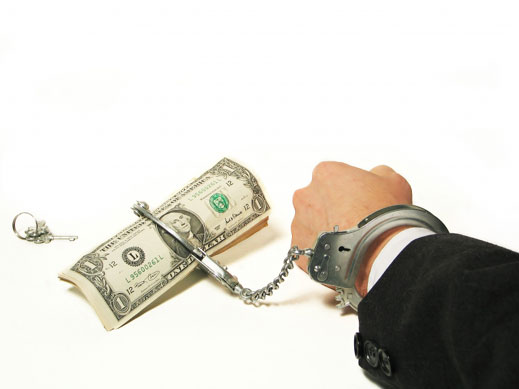Burma’s Vice-President Sai Mauk Kham addressed regional officials, politicians and civil society in MonState capital Moulmein on Sunday, impressing the urgency of exposing officials who accept bribes in order to tackle what he called “rampant corruption”.
“Back in the days, reporting corruption could be a very difficult task. As there are official channels opened now, those accused of corruption – if proven guilty – will face legal action,” he said.
In June 2013, Burma’s Parliament approved new anti-corruption legislation that offered a long-absent legal definition of bribery.
In February of this year, President Thein Sein signed off on the creation of a 15-member Anti-Corruption Commission chaired by a former major-general, Mya Win, with former ambassador Tin Oo serving as secretary.
Commission members were appointed by Thein Sein and one member from both houses of Parliament, each nominating five people. Those serving are obliged by the new law to disclose their assets, a condition that Thein Sein objected to during Parliamentary discussion.
Parliament’s bill committee chose to overrule the President’s requests to alter the provision, and it passed with little controversy.
While Sai Mauk Kham urged civilians to report any cases of corruption, he also warned that abusing the new regulation to make accusations against people over personal grudges or resentment will “be held responsible and can face legal action themselves”.
Burma has consistently ranked among the world’s most corrupt nations. Last year financial watchdog Transparency International ranked Burma 157 out of 177 countries monitored for corruption.
[related]



